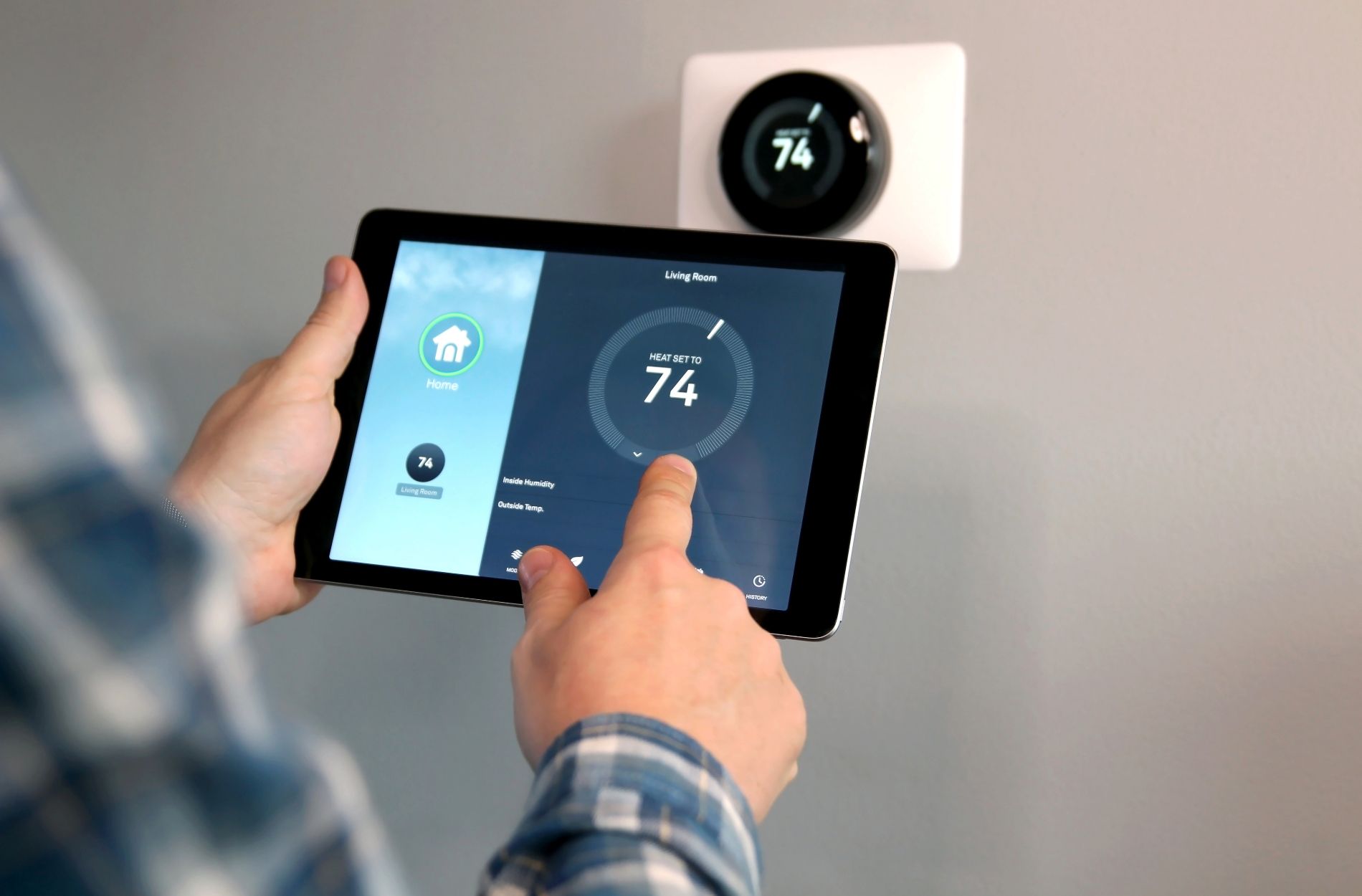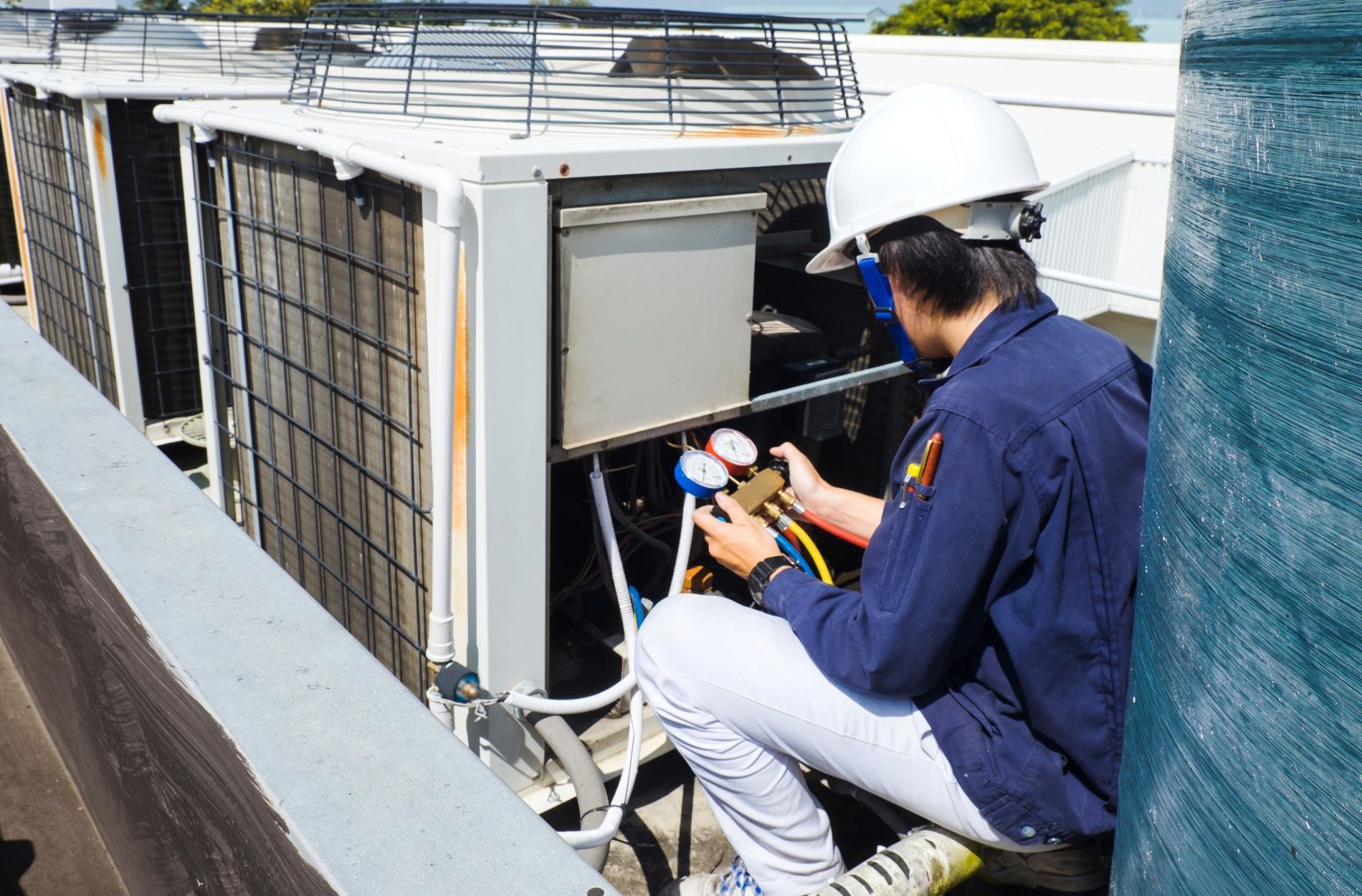How to Tell If Your AC Needs Replacing
Knowing when your air conditioner needs replacing can save you a lot of hassle and money. Nobody wants to be stuck in the heat with a broken AC, and sometimes repairs just aren’t enough. But how do you know if it’s time to get a new one? There are a few key signs to look out for that can help you make this decision.
Frequent breakdowns can be a major sign that your AC is on its last legs. If you’re calling the repair technician all the time, it might be cheaper in the long run to replace your unit. Another thing to consider is the inconsistency in cooling and your energy bills skyrocketing. If some rooms are too hot while others are too cold, or your electricity bill is higher than usual, your AC might be losing efficiency.
Aside from performance issues, the age of your AC unit is also important. Older units might not work as well as newer models and might lack the energy-saving features modern units have. Finally, strange noises and unpleasant odors are clear indicators something is wrong, and sometimes, these issues can be more expensive to fix than getting a new unit.
This article will dive into these signs in more detail, helping you decide if replacing your AC is the right move. Keeping your home cool and comfortable is important, and sometimes a new unit is the best way to achieve that.
Frequent Breakdowns and Expensive Repairs
If your air conditioner frequently breaks down, it may be a sign that you need to replace it. Constant repairs are not only frustrating but also costly. Each time a technician comes out to fix your AC, the costs can add up quickly. Over time, these expenses might even surpass the cost of a new unit.
- Rising Repair Costs: If you notice that the costs of repairs are rising or if you need to call a technician more than once or twice a year, it might be more economical to invest in a new unit. Spending too much on fixing small issues can be a waste if the unit is destined to fail soon.
- Outdated Components: Older AC units may have components that are hard to find, making repairs more difficult and expensive. Sometimes, manufacturers stop producing parts for older models, pushing you to consider a replacement.
- Frequent Downtime: If frequent breakdowns leave you without air conditioning for extended periods, it can make your home very uncomfortable, especially in the hot summer months. A new AC unit can offer more reliability and peace of mind.
Considering a replacement when repairs become frequent and costly can save time, money, and stress.
Inconsistent Cooling and High Energy Bills
An air conditioner that doesn’t cool your home evenly or leads to high energy bills might be wearing out. If some rooms are consistently too hot while others are freezing, your unit might be struggling to cool your home efficiently.
- Uneven Temperatures: When your AC can’t maintain a consistent temperature throughout your home, it may be a sign that it’s losing efficiency. This uneven cooling often means the system is working harder than it should, leading to increased wear and tear.
- Skyrocketing Energy Bills: A significant spike in your energy bills can indicate that your air conditioner is no longer operating efficiently. As AC units age, they use more energy to achieve the same level of cooling because their components wear out.
- Running Constantly: If your air conditioner runs all the time but still can’t keep your home cool, it’s likely losing its efficiency. This constant operation not only hikes up your energy bills but also shortens the lifespan of your unit.
Considering these factors can help you recognize when it might be time to replace your AC unit, keeping your home comfortable and your energy bills in check.
Age of the Unit and Technological Advancements
The age of your air conditioner plays a big role in its efficiency and reliability. Older units might not cool as well or use more energy than newer models. If your AC is more than 10-15 years old, it might be time to think about replacing it.
- Decreased Efficiency: Over time, air conditioners lose their efficiency. As components age, they have to work harder to cool your home, which means they use more energy and cost more to run. Older units are less effective at maintaining a comfortable temperature, especially during extreme weather.
- Lack of Modern Features: Newer AC units come with technological advancements that older models don’t have. Modern units often include better energy efficiency, programmable thermostats, and even smart home compatibility. These features not only make your home more comfortable but also help you save money on energy bills.
- Environmental Impact: Older air conditioners often use refrigerants that are harmful to the environment. Newer models use eco-friendly refrigerants that have less impact on the ozone layer. By upgrading, you not only get a more efficient unit but also help the environment.
Strange Noises and Unpleasant Odors
Your air conditioner should run quietly and without any strange smells. If it doesn’t, this might be a sign that something is wrong. Unusual sounds or odors can indicate serious issues that might require a full replacement.
- Strange Noises: If you hear grinding, banging, or squealing noises coming from your AC, it’s not a good sign. These sounds often mean that internal components are failing or that there’s a mechanical problem. Ignoring these noises can lead to major breakdowns.
- Unpleasant Odors: Bad smells coming from your air conditioner can be a sign of mold, mildew, or even burnt wiring. These issues can affect your home’s air quality and can also signal deeper problems within the unit.
- Immediate Attention: If you notice any strange noises or odors, it’s important to get your unit checked right away. Sometimes the cost of fixing these issues is so high that replacing the unit entirely becomes the more practical option.
Conclusion
Deciding whether to replace your air conditioner can be a big decision, but recognizing the signs can help make it easier. Frequent breakdowns and costly repairs, inconsistent cooling, rising energy bills, and an aging unit are all indicators that it might be time for an upgrade. Newer units offer better efficiency, modern features, and improved environmental benefits. Strange noises and unpleasant odors are also red flags that shouldn’t be ignored.
Keeping your home cool and comfortable is crucial, and the right air conditioner can make all the difference. If you’re experiencing any of these issues, it might be time to consider a new unit. For expert advice and top-notch service, contact Anytime Heating & Air today. Let our skilled technicians help you find the best
air conditioning replacement for your home’s cooling needs.


